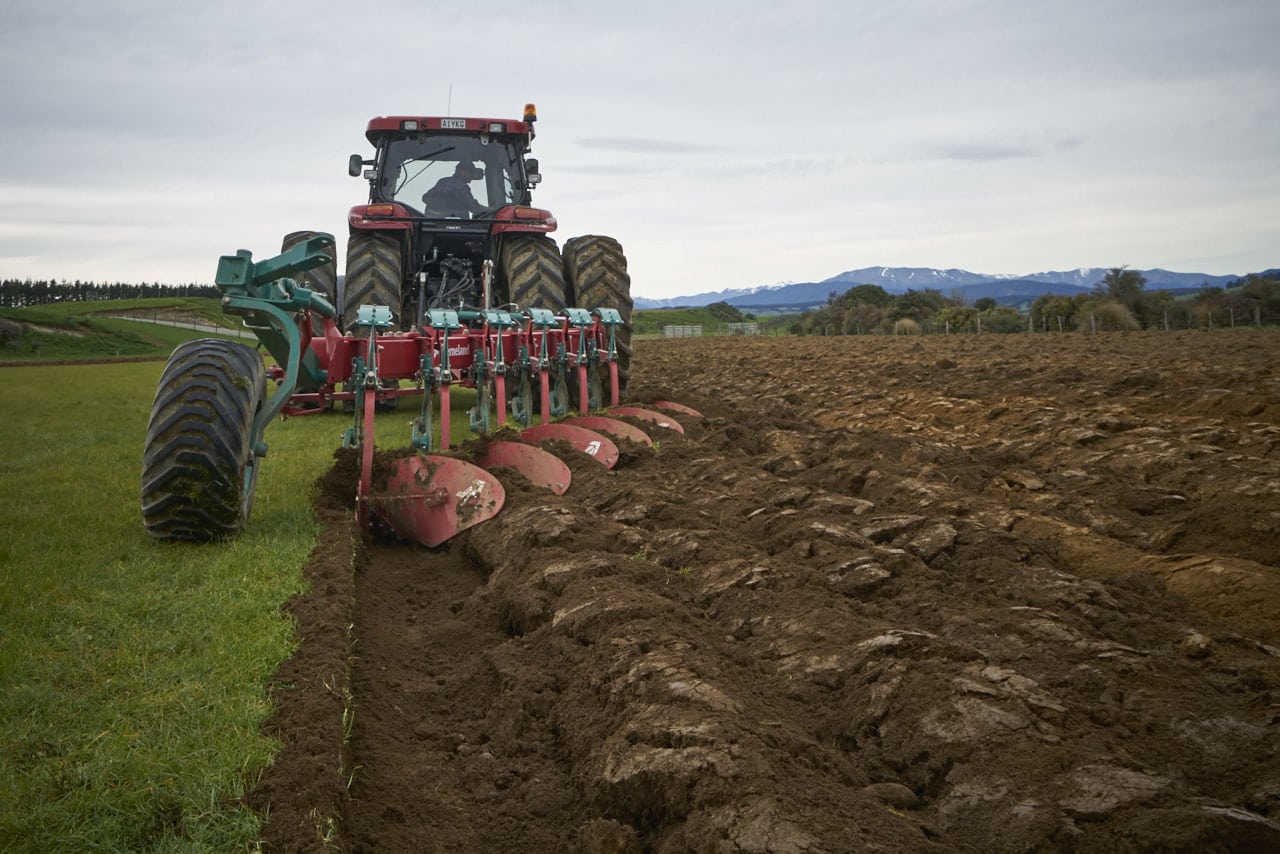Dangers of Fatigue
We All Need to Work to Prevent Fatigue
We all need to learn the importance of avoiding fatigue and what we can do to reduce it.
A Message For Employers
A Message for emplyers about preventing fatigue across Rural Contracting
Tips for Avoiding Fatigue
Avoid fatigue and work for a safe season for you and for others.
A Message For Staff
Let’s work for a safe season by avoiding fatigue in the workplace.
Preventing Fatigue in the Rural Sector
Every job has it pressures but we rural contractors work to weather windows and crop constraints so we can be particularly vulnerable to fatigue. Rural Contractors NZ wants to reduce the risk of fatigue this season.
Everyone – employers, staff and landowners need to do their bit.
Read these tips and act on them if you are experiencing fatigue or see it in an employee, workmate or your rural contractor.
What is Fatigue?
WorkSafe defines fatigue is a state of physical and/or mental exhaustion. Its cause can be physical, mental or emotional. Extended work hours can affect behaviour, alertness, reaction times, mental capacity and can lead to sleep deprivation.

Being Fatigued is like being over the limit
Fatigue can put people at risk both at work and at home. If you’ve gone without sleep for long enough you are as much impaired as being over the drink drive alcohol limit.
What we need to do as Employers
Employers are responsible for keeping the workplace safe, and this includes their staff. Find out what your responsibilities include as an employer.
What we can do as Staff
Learn what you can do to keep yourself safe and avoid fatigue at work. Remeber, it’s your responsibility to monitor and report your fatigue levels.
What to do as a Landowners
Landowners also hold responsibility for keeping the workplace safe and avoiding fatigue.
Look for These Symptoms
Prevent fatigue and watch out for these symptoms
Suggishness
The quality of moving, reacting, or working more slowly
Forgetful
Absent minded and unable to remember recent events
Bad Moods
Irritable or depressed state of mind
Lethargy
Lack of motivation and feelings of fatigue
Apathy
Lack of emotional expression, or goal-directed activity
Poor Decision Making
Making choices against better judgement
Poor Comminication
Breakdown in communication causing confusion
Increased Reaction Time
Taking longer to detect, process and respond to stimulus
Reduced Ability
Mild cognitive impairment reducing ability to do tasks
Reduced Alterness
Not fully awake, aware of, or able to respond to ones environment
Responsibilites as an Employer
You need to take ‘all reasonably practicable steps’ to prevent your workers being harmed. This means taking a systematic approach to identify, assess, and control risks at work including fatigue and stress. Yes, these can arise at home as well as at work but either way, you need to determine if your staff are able to work without threatening workplace health and safety. Make fatigue a regular conversation with your workers. Let them know they can talk to you if they feel at risk.
Monitoring work time apps or timesheets for excess hours
Standing down anyone showing signs of fatigue
Rostering on extra staff during peak harvest times
Rotating staff around the machines and tasks
Monitoring your staff across a couple of days a week in busy times to ensure they are not being pushed beyond their limits
Having a two-way policy between you and your staff so they can tell you about any signs of fatigue for themselves or a colleague
Ask them to let you know about any near misses and that have got home safely after a late finish job
Responsibilities as a Worker
As an employee, you need to play your part in ensuring the safety of yourself and your workmates. Monitoring your own fatigue levels is your responsibility and you need to report if it is becoming an issue.
Take your provided breaks
Get as much quality sleep as possible
Don't drink lots of alcohol ahead of a big days work
Eat good nutritious food
Don't overdo the coffee - drink lots of water especially when it gets hot
And if you think a workmate is fatigued, ensure someone is alerted. A fatigued worker could be a risk to you and other people as well as themselves
Responsibilites as a Landowner
Remember, staff need rest
As someone who’s crop might be at risk, it’s not unnatural to ask your rural contractor to step up after bad weather or other factors have caused delays. But unlike our machines which can work 24/7, rural contractors and their staff need their sleep.
Don't put pressure on staff, allow breaks
Please don’t put your contractor under undue pressure. You may be putting yourself and others at risk. Rural contractors and their staff need their rest and their breaks to avoid putting themselves and others at risk.









